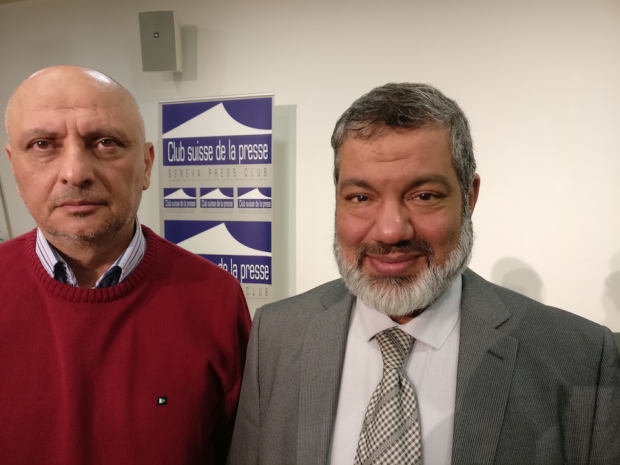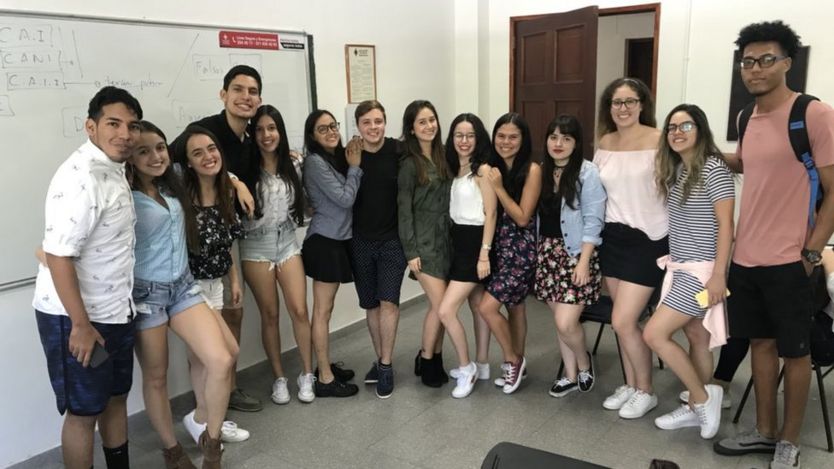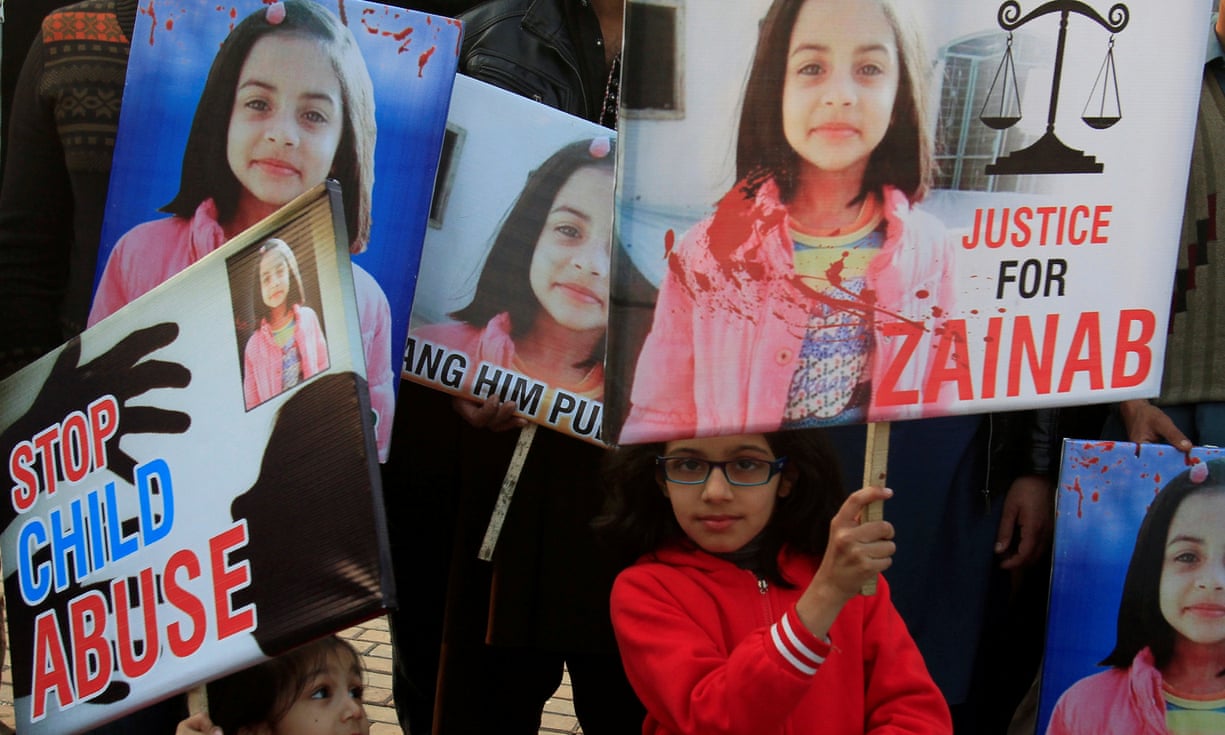Justin Santabarbara
Impunity Watch Reporter, The Middle East
GENEVA, Switzerland – As the United Nations is preparing their annual human rights review for the Middle East, several of the investigators are taking some time to hear from individuals, who state that human rights abuses continue to be rampant and violent. Naji Hamdan, David Haigh, Mahmood al-Jaidah, and Khaled Mohamed Amed each sat on a panel at the Geneva Press Club to share their experiences with UN investigators and researchers.

The UAE human rights panel, which took place at the Geneva Press Club, detailed instances of rape, electrocution, and sleep deprivation. Each of the panel’s participants stated that they were detained for “anti-terror” crimes. Each were arrested by members of the secret intelligence services, which the UN has stated will weigh unfavorably against the UAE. the UN has counted arrests by intelligence services as kidnappings.
Hamdan, who gave the most detailed account of all the participants, stated that after being arrested by secret intelligence services, he was held in a freezing underground bunker with little food or water. Additionally, Hamdan stated that he was severely beaten over a period of 89 days, and for as long as 13 hours per day. Hamdan stated that despite being strapped to an electric chair, and the repeated blow to the head, the worst part was the threats made against his family for unsatisfactory answers to the interrogators’ questions.
Hamdan’s ACLU legal representatives asserted that he was tortured “by proxy” at the request of the United States.
In previous years, the UN has sent its researchers and investigators advisory notices regarding the purported human rights violations. The CIRI Human Rights Report has echoed this sentiment over the past violation reviews. CIRI has detected a strong decline in the state of personal integrity human rights in the UAE, as well as workers’ human rights. Additionally, the trends between the two subdivisions of review tends to echo much of the directives from the United Nations.
For more information, please see:









